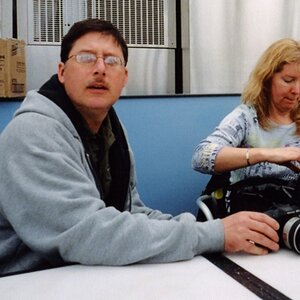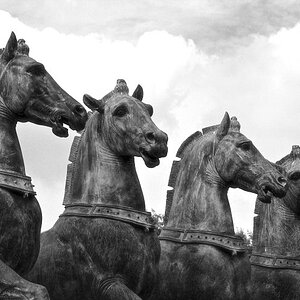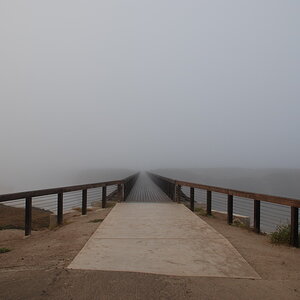ElizaMM
TPF Noob!
- Joined
- Aug 22, 2015
- Messages
- 106
- Reaction score
- 5
- Can others edit my Photos
- Photos OK to edit
Can someone please give me an opinion on lenses -- I would like a lens with a little faster aperture than F4 for the night sky. I am looking at the Canon EF-S 24MM F2.8 STM lens. Would this be a big improvement over my Canon 24-105 at 24mm & F4, on a 7D? I don't need IS, as I will use it only with a tripod. The price seems to go up exponentially, the shorter the lens and the larger the aperture. Since I'm an amateur, cost drives the choice.




![[No title]](/data/xfmg/thumbnail/42/42025-fa343f816d0cedc45447aa0b300e301e.jpg?1619739982)

![[No title]](/data/xfmg/thumbnail/35/35871-d9de705fa64b06051419be6d3739d6ac.jpg?1619737197)

![[No title]](/data/xfmg/thumbnail/39/39180-3dcdd0aa38e4d015a48a17b0e45542fb.jpg?1619738902)


![[No title]](/data/xfmg/thumbnail/32/32166-ddd2797e76a9226d289c2158c3cf7b67.jpg?1619735234)
![[No title]](/data/xfmg/thumbnail/32/32164-d68fa2de02f9bef524bbd68aac2f12e4.jpg?1619735234)
![[No title]](/data/xfmg/thumbnail/35/35872-12704b8c65e1c009d7089ccba367abb6.jpg?1619737198)